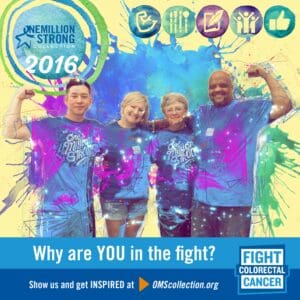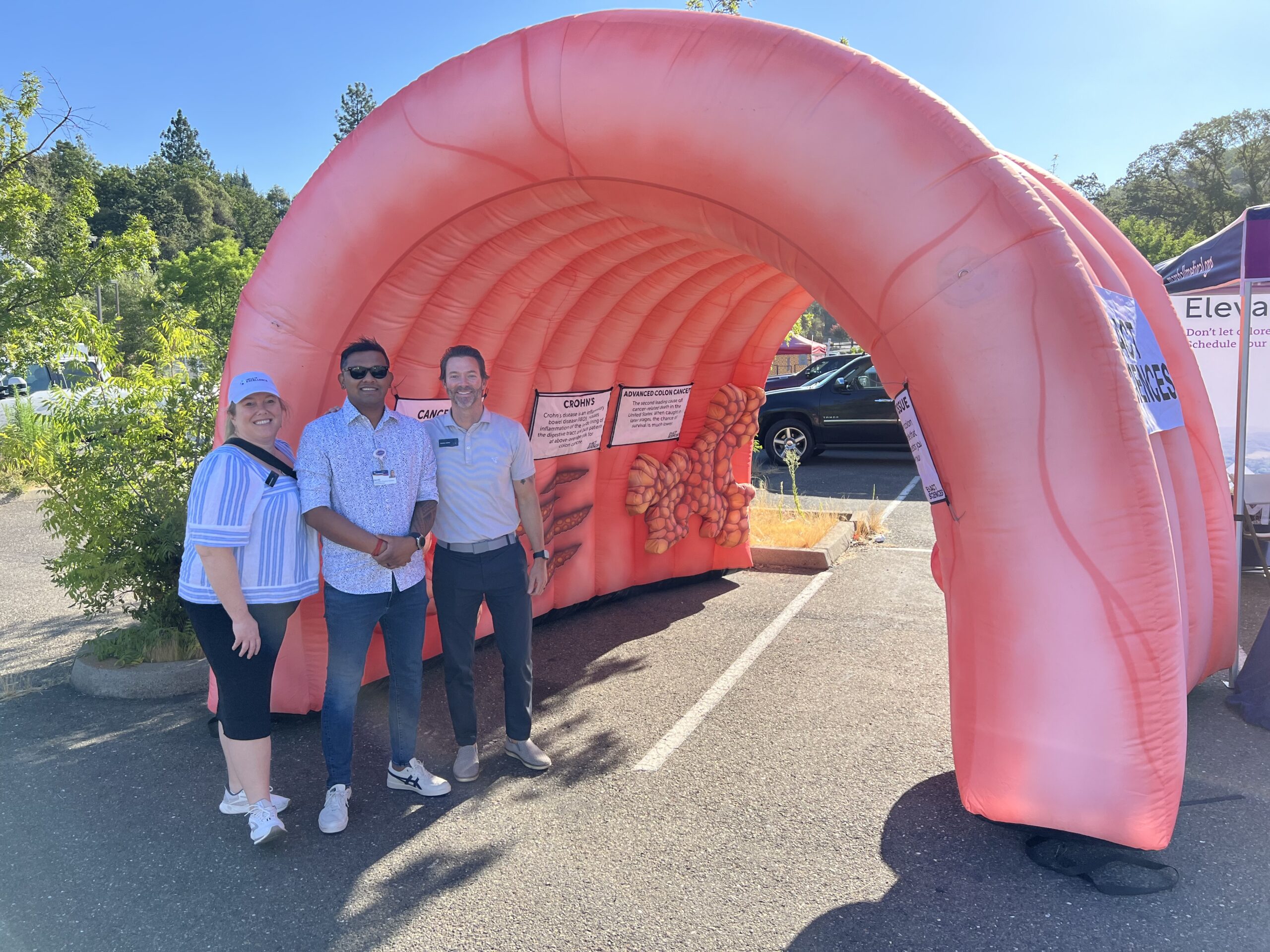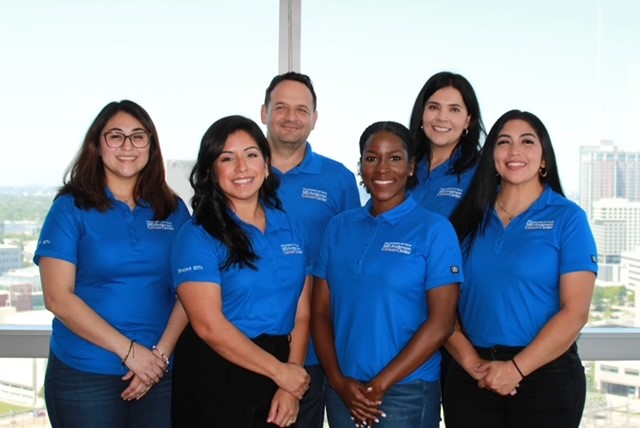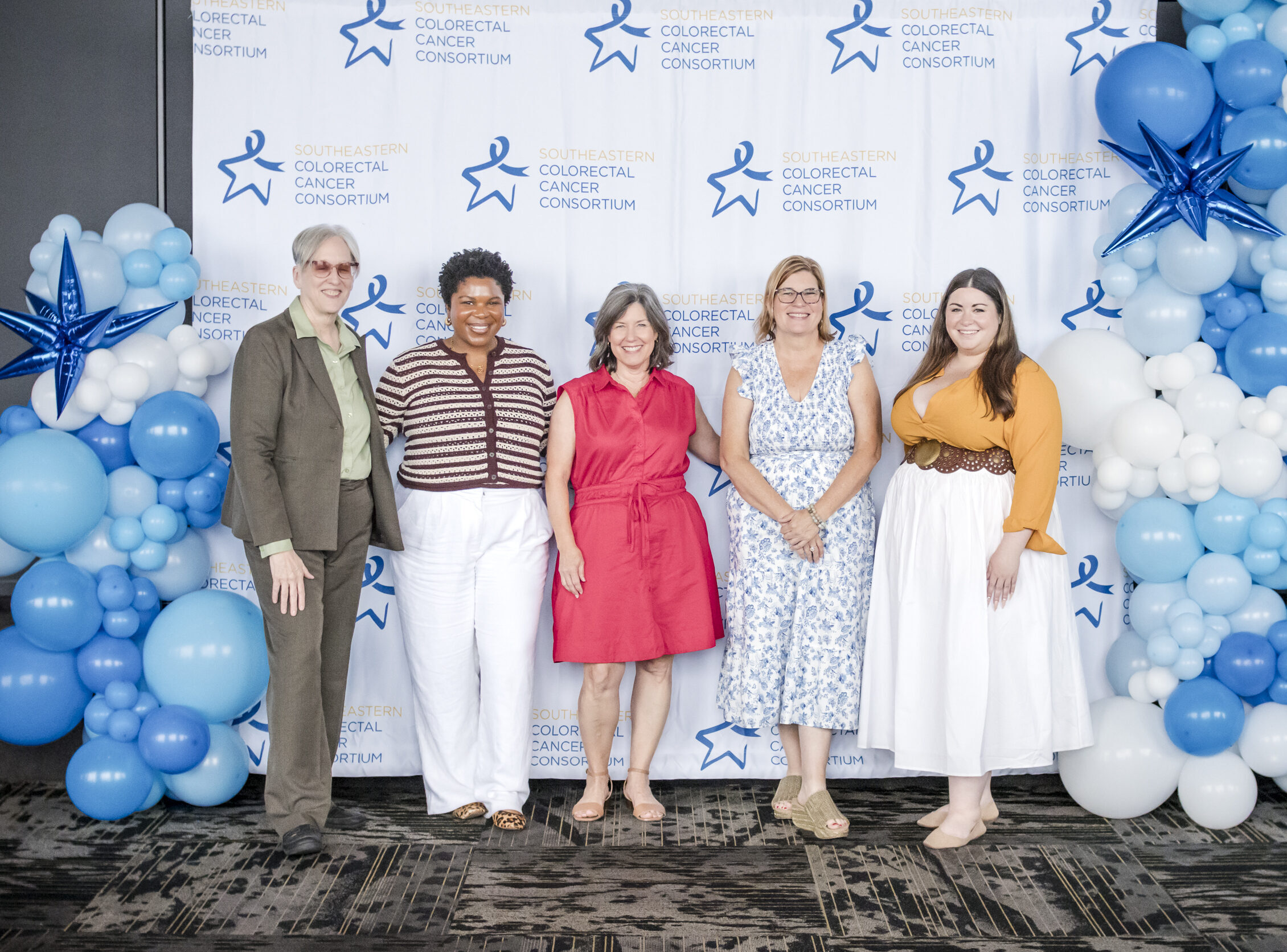Stories are Powerful
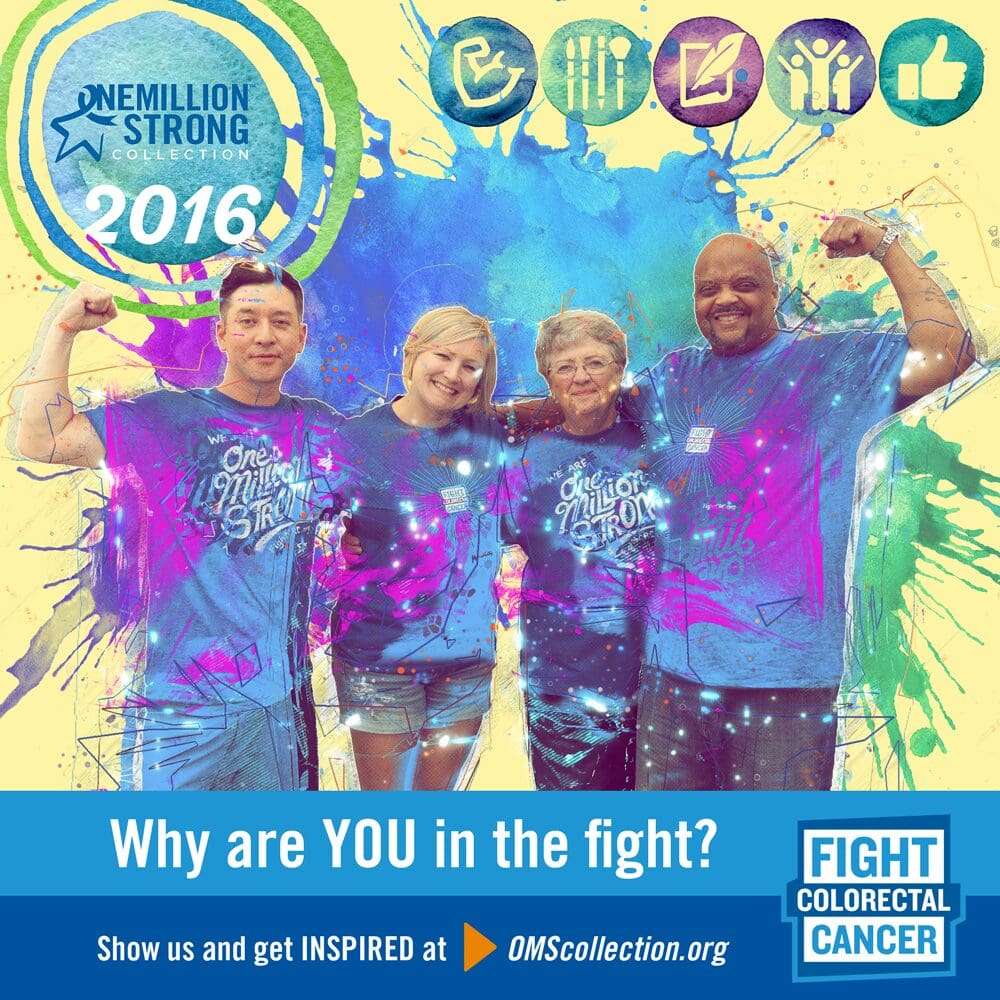
 Anjelica (“Anjee”) Davis serves as President of Fight Colorectal Cancer, a national nonprofit founded in 2005. For over a decade she has focused her work on colorectal cancer research, education and awareness. Ms. Davis co-chairs the Awareness Task Force for the National Colorectal Cancer Roundtable (NCCRT), and is a past member of the steering committee (2009-2012).
Anjelica (“Anjee”) Davis serves as President of Fight Colorectal Cancer, a national nonprofit founded in 2005. For over a decade she has focused her work on colorectal cancer research, education and awareness. Ms. Davis co-chairs the Awareness Task Force for the National Colorectal Cancer Roundtable (NCCRT), and is a past member of the steering committee (2009-2012).
Storytelling is the most powerful way to put ideas
into the world today.
—Robert McKee
I think that sometimes I am too quick to assume that everyone knows someone with cancer. But is that true? It may not be the case.
The American Cancer Society and the National Colorectal Cancer Roundtable’s market research team surveyed some of the 23 million, age-eligible people that need to be screened for colorectal cancer and found that those who didn’t have a personal connection to any type of cancer were those least likely to get screened.
As a public health community, we create beautiful ads with concise messages that have clear calls to action about screening. We share facts that are compelling, like:
- Colorectal cancer is the second-leading cause of cancer deaths for men and women combined
- 1 in 20 Americans will be diagnosed with cancer of the colon or rectum in their lifetime
- Colorectal cancer is preventable
But, the research shows that the facts alone cannot surrogate the power of a personal connection or a story from a survivor or family member who has lived through cancer.
Colorectal cancer survivors and family members have the unique disposition of experience. These are the people who can stop someone in the grocery store, write a blog or post a picture on Facebook and compel others to do the right thing. By sharing their story, their encouragement to prioritize health and get screened will be what inspires others to avoid this very real cancer.
I have had the honor of working with survivors and their families for the last decade and it’s not been merely an intellectual exercise. It’s truly been a cause.
Survivors want to share their stories. They want to humanize the facts and make our awareness efforts personal and emotional. Over the years, I’ve seen them in action in print, on social media and in person connecting with others through their stories. And their stories are powerful. From a mom of three kids who postponed her screening colonoscopy, a grandfather of 20 grandchildren who beat the odds, or a young man who had symptoms but ignored them, the stories are different but all compelling.
As we share these stories, we always hope that someone hearing or reading them will have Oprah’s famous “aha” moment – that point where they finally get it. We want others to say, “Yes! I will make an appointment with my doctor. I will get screened.”
Today, there are over a million survivors living in the United States with these powerful stories and even more family members touched by this disease. We need an army of champions willing to raise the flag for prevention and screening, and we can provide the platform to broadcast them. The patient community is ready and willing to support our national effort of 80% by 2018. Let’s use their powerful voices.
Read and share NCCRT’s new publication, What can survivors and families do to advance 80% by 2018?, to learn more about what you and survivors you know can do to increase colorectal cancer screening. And to read stories and post yours, check out the following NCCRT member websites:
[vc_widget_sidebar sidebar_id=”sidebar-1″]
"*" indicates required fields
